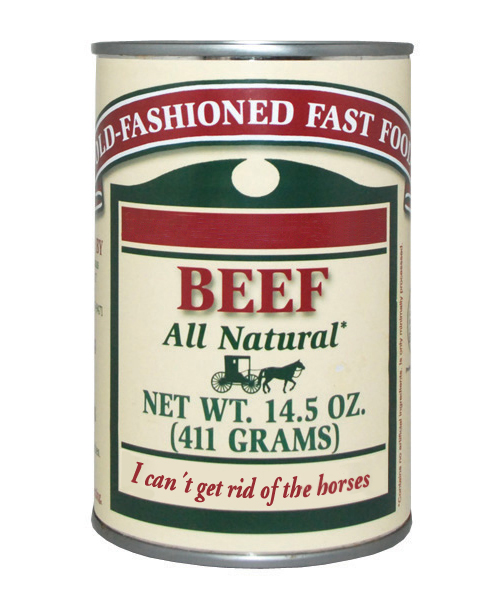Recent findings throughout Europe demonstrated that “Beef” was in many cases horse meat. One can only speculate how long this foul practice has been going on and how many other products contain surprising ingredients. How often are food products tested once they have been approved for the market? Modern biotechnology, decreasing costs of individual testing kits together with a democratization of biotechnology could give citizens a toolkit to see for themselves whether or not your beef, wild salmon or Pacific tuna is actually what it is supposed to be. The DIYBio community has already carried out such testing series in Sushi restaurants, showing that roughly one third of the fish were not what they were supposed to be.
But who makes such easy to use toolkits for the citizen scientists? A dutch group has started to work on it and came up with the “Amplino“. The wetware sister of the hardware Arduino is a quantitative PCR developed to dedect malaria, but could be remodelled to detect all kinds of unique DNA, whether for disease recognition or just to make sure next time you buy your good old traditional Austrian horse meat, nobody tries to sell you the odd beef…
More on Biohacking in Wired Magazine or in German Spektrum.
Austrian horse meat on the rise.
